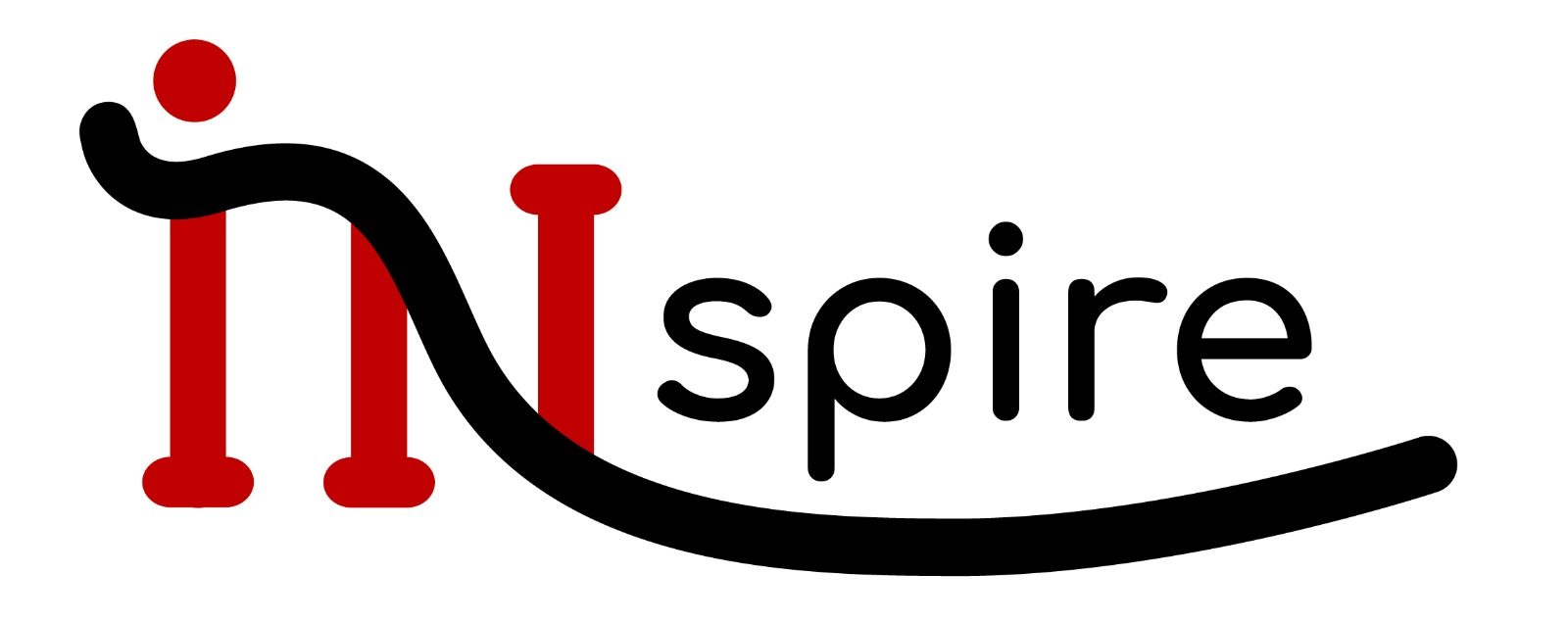KA2 project “Art-Well“
Number: 2024-2-CZ01-KA220-YOU-000279612

Why
“(…) the young people have difficulties asking for help and managing stressful situations. The most frequent way to deal with uncomfortable situations is to avoid them, followed by leaning on the support of people’s close ones, such as friends and relatives. Strong bonds increase the perception of good support systems and the likelihood of them being ready to ask for help. In addition, in many points of the survey, the respondents showed the need to receive advice from professionals with psychological education or to follow the guidance of personal coaches and mentors. Regarding their needs, the respondents recognize that they would benefit from having more meaningful alone time. In addition, the need for physical exercise and for spending time in nature were mentioned. It is clear that external pressures limit the possibilities of young people to feel comfortable with themselves.” (source)
In sum, youngsters needs to:
- have a space where they feel safe, including a community
- get more resilient, handle stress better, and learn to express what is happening inside of them
- get educated on the topic of mental health and well-being
- learn how to be alone, and how to use the time meaningfully
- exercise more and spend more time in nature
There is great stigmatisation of “mental health problems” in partnering countries. (…) Only 6% of people choose professional help when encountering psychological problems. 60% of them try to deal with it on their own, 30% are asking for support from their friends. 4⁄5 of Czechs with psychological problems are not treated at all.
“… attitudes of social rejection towards mentally ill people in Hungary are relatively high, and there were no meaningful changes observed in public attitudes over a 15-year period.” (source)
“… there is a high lack of knowledge and understanding about most types of mental illnesss among adults in Ukraine and a high degree of social distance. There is a clear need for anti-stigma interventions in Ukraine.”
(source)
“… people just don’t talk about it [mental illnesses] openly because it is viewed as a weakness. (…) Austrians don’t talk about their own mental health because of the fear of losing their jobs. Even the most common mental illnesses like depression and anxiety are thought of as laziness or unreliability in the workplace.” (source)
In sum, stigma around mental health needs to change. We don’t believe it will happen right away, but it is important to work towards changing the societal perspective on mental health, and help its normalisation among the public.
How
When it comes to well-being, we find it beneficial to use the perspective of 4 bodies:
- physical (connected to physical health, proper exercises, diet, etc.)
- mental (connected to knowledge on mental health and well-being, as well as critical thinking, and regular exercising of the brain)
- emotional (connected to emotional intelligence, an ability to Recognize, Understand, Label, Express, and Regulate one’s emotions)
- spiritual (connected to living a life one can consider meaningful for themselves; in other words, following their dreams, and life goals, thinks that make sense to them)
With this perspective, to answer above mentioned needs, we want to use the healing power of art for:
- developing a community for youngsters where they can self-express themselves through art and beyond
- teach them art tactics for handling stress, and its regular release, which leads to bigger resilience
- educate them on the topic of mental health, self-care, and professional support
- organise activities including body movement in nature
- lead them towards planning alone time and spending it for self-care
TG3:
- spreading personal stories (especially success stories), statistics, and surveys
- organising living libraries and other events allowing interaction with public
TG4&5:
- developing a toolbox of best practices
- teaching the methods to the youth workers
TG6:
- disseminating our findings, successes, materials and learning
TG7:
- building quality international partnership
- exchanging know-how
- developing together activities for us and public
